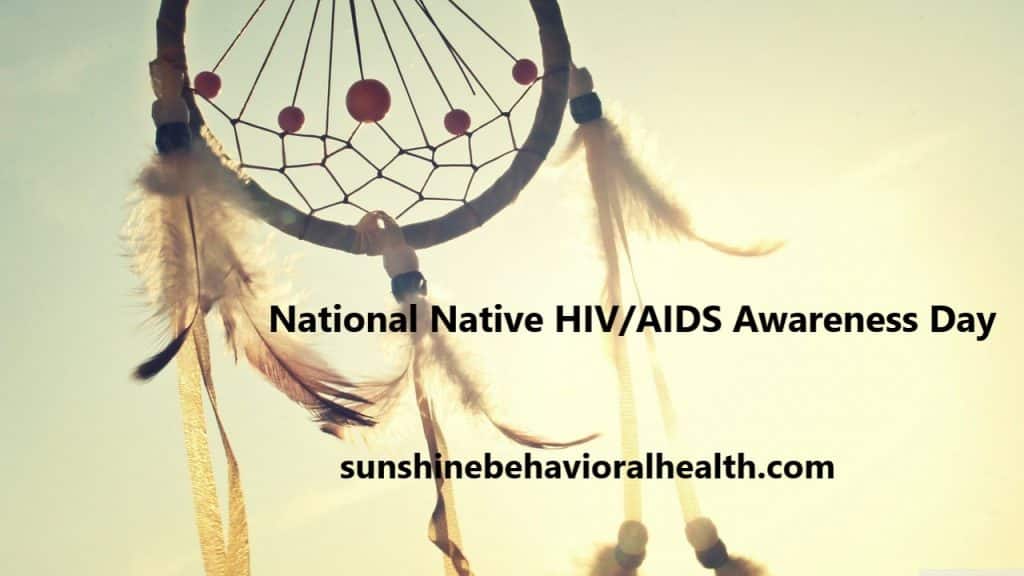
National Native HIV/AIDS Awareness Day
March 20, 2020, was National Native HIV/AIDS Awareness Day. First observed in 2007, the National Native HIV Network has been commemorating the day each year since. The mission of this day is to increase awareness within the Native American community about the disease and encourage testing for it. The network does this by offering educational and marketing materials. Some people may wonder why there is a need for a day to discuss a particular group of people and HIV and AIDS, but Native Americans and Alaska Natives are some of the most undertreated people in the country. For example, scholars believe that Native Americans and Alaska Natives who live in urban areas may not receive the treatment they need for alcohol or drug use. Also, according to the Indian Health Service, as many as 34% of the Native Americans and Alaskan Natives who are living with HIV have no idea that they have it. The condition affects the quality of life for individuals. It also puts the entire community at risk because of potential transmission. Other factors contribute to HIV and AIDS. Addictions to drugs and alcohol may cause people to engage in at-risk behaviors, which can increase their chances of contracting HIV and AIDS. In Native communities, stigma may prevent proper treatment of both addiction and HIV/AIDS, making National Native HIV/AIDS Awareness Day even more important. Through education, caring, and support, people who need screening and treatment for HIV and AIDS can receive it. They shouldn’t have to worry about social stigmas or shame to find the help they need. Sources nnhaad.org – About NNHAAD ncbi.nlm.nih.gov – Organization and Financing of Alcohol and Substance Abuse Programs for American Indians and Alaska Natives ihs.gov – HIV/AIDS in American Indian and Alaska Native CommunitiesA Message From Our CEO
Medical disclaimer:
Sunshine Behavioral Health strives to help people who are facing substance abuse, addiction, mental health disorders, or a combination of these conditions. It does this by providing compassionate care and evidence-based content that addresses health, treatment, and recovery.
Licensed medical professionals review material we publish on our site. The material is not a substitute for qualified medical diagnoses, treatment, or advice. It should not be used to replace the suggestions of your personal physician or other health care professionals.





